Frequently Asked Questions
This page includes basic information
about our events, member benefits, and other things we frequently receive questions about.

This page includes basic information
about our events, member benefits, and other things we frequently receive questions about.
We host either a workshop or LTFAI Talk once a month during the year except for July and August.
All workshops and LTFAI Talks are held online (unless otherwise noted).
All events require you to sign up and register. Prior to the event, an invitation to the Google Meet meeting will be sent to you so you can participate just by clicking on the invite. Note, that LTFAI talks are free and workshops have nominal fees for both members and non-members
Yes, all workshops are recorded. If you have registered, the recording is available for 30 days after a class. For LTFAI members, recordings are available as long as you remain member
Yes, all LTFAI Talks are recorded. If you have registered, the recording is available for 30 days after the Talk. For LTFAI members, recordings are available as long as you remain a member.
No. The materials are readily available from around the house and/or craft stores. When you sign up for a workshop with us, you will receive a list of required tools and materials.
Log in and check at https://ltfai.org/my-account/
Membership is for one year. Renewal is automatic on your signup date. You will receive an email notification a few weeks before your renewal date.
Yes. We have a private Facebook group to discuss folk art and showcase their work with other members. You can join the group via our Facebook Page.
No. If you want to purchase something we suggest contacting the artisan directly or going online for sourcing specific items.
We have a very limited number of a couple of our publications available. Due to renewed interest we are looking at potentially reprinting the most popular and making them available again.
No. We suggest reaching out to a local museum or going online to get this type of information. Quite often the item has the most value as a cherished family heirloom.
Possibly. We are a small group but can try to track down some details about your piece. Please note that quite often the artist can be local to your city and is not known outside of it or the piece was brought back from Lithuania. We suggest reaching out to your local Lithuanian community as well as going on line if the artist name is known.
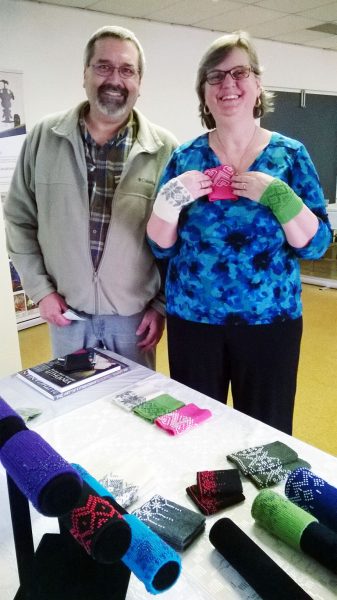 An artisan specializing in knitting. She taught a knitting workshop at the LTFAI AGM several years ago and fell in love with the organization. Not only is she a prolific author of knitting books, with “The Art of Lithuanian Knitting” under her belt, but she’s also the creative genius behind our social media presence.
An artisan specializing in knitting. She taught a knitting workshop at the LTFAI AGM several years ago and fell in love with the organization. Not only is she a prolific author of knitting books, with “The Art of Lithuanian Knitting” under her belt, but she’s also the creative genius behind our social media presence.
Donna weaves her magic into our online world, managing the LTFAI Facebook page with finesse. Donna has also enlightened us with her workshops and riveting LTFAI Talks.
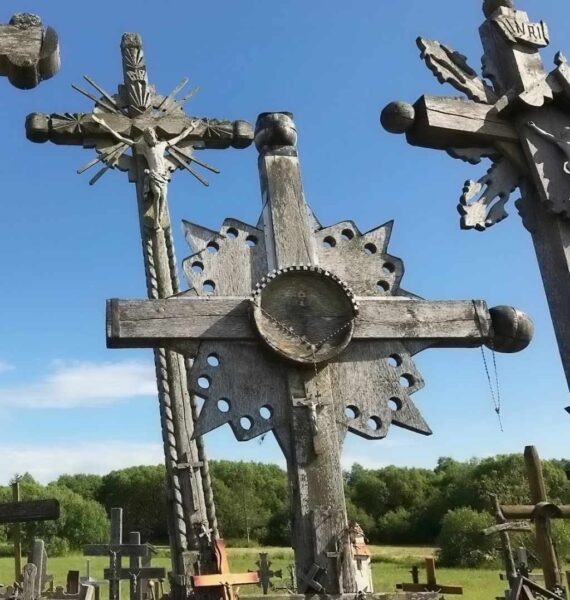 Traditional Crosses in Lithuania:
Traditional Crosses in Lithuania:
Lithuania is sometimes called the land of crosses. Crosses and unique pillar shrines with various sculptures have been an integral part of the Lithuanian landscape for several hundred years. They represent not only religious symbolism but national identity especially in times of repression. We will look at and discuss the amazing wooden carving and iron work of this important folk art and touch on the well known Kryziu Kalnas (Hill of Crosses) site in Lithuania.
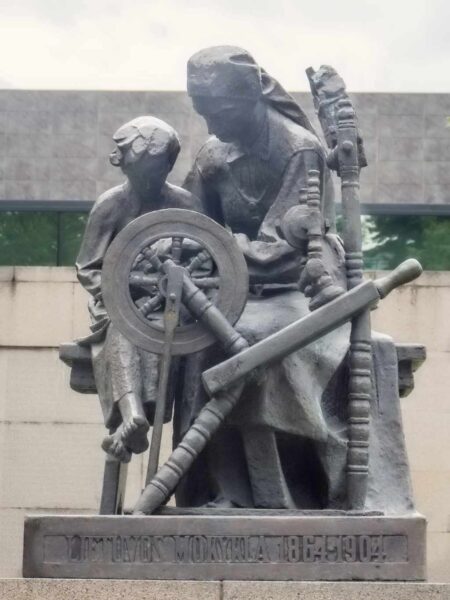
Wool (Vilna):
Wool Crafts in Lithuania: Although linen features prominently in Lithuanian folktales and folk songs, we rarely hear about wool. However in the cold climate working with wool was an integral part of daily life forrural villagers in Lithuania. Small farms were self-sufficient; little or no money was needed to supplement the household’s home production. All the women and girls in a family spun, wove, knitted, and felted wool to create all of the households woolens.
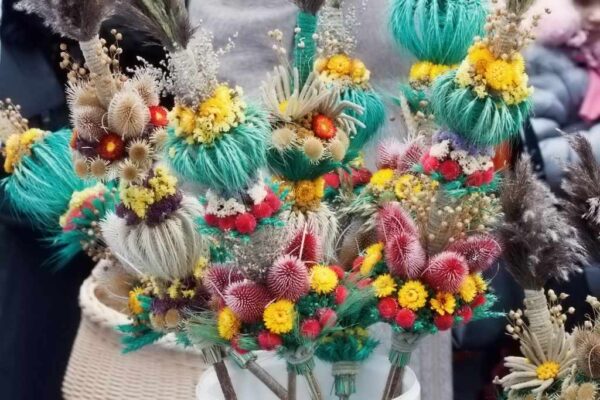 Easter Palms (Verbos)
Easter Palms (Verbos)
History and Significance of Verbos in Lithuanian Life: Palm Sunday is an important part of the Easter tradition. Learn about the history of decorated palms and get to know the customs and decorative techniques specific to Lithuania. (Please note, this is not a hands-on workshop.)
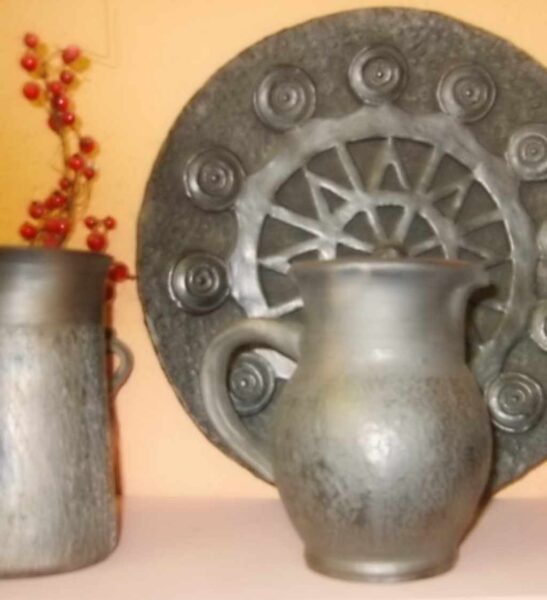 Black Ceramics (Juoda Keramica)
Black Ceramics (Juoda Keramica)
History and use of black ceramics in Lithuania: The tradition of black ceramics has been documented in Lithuania for centuries. Although eventually falling out of favour due to other pottery techniques, Lithuania is one of the few places that still make this beautiful pottery. Learn about the history, techniques and artistry of black ceramics.
Amber (Gintaras)
Gintaras – Our Golden Heritage: Gintaras, or Amber, has been important to Lithuanians and Baltic people for millennia. Important in terms of culture, art and symbolism. Learn about various aspects of Amber to bring you to a new and better understanding and appreciation of this beautiful “golden stone”.
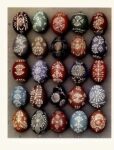 Easter Eggs (Marguciai)
Easter Eggs (Marguciai)
History and Significance of Easter Eggs in Lithuanian Life: The egg has long been seen as a symbol of fertility and life. Learn about the role of decorated eggs in ancient and modern times. Get to know the customs and decorative techniques specific to Lithuania.
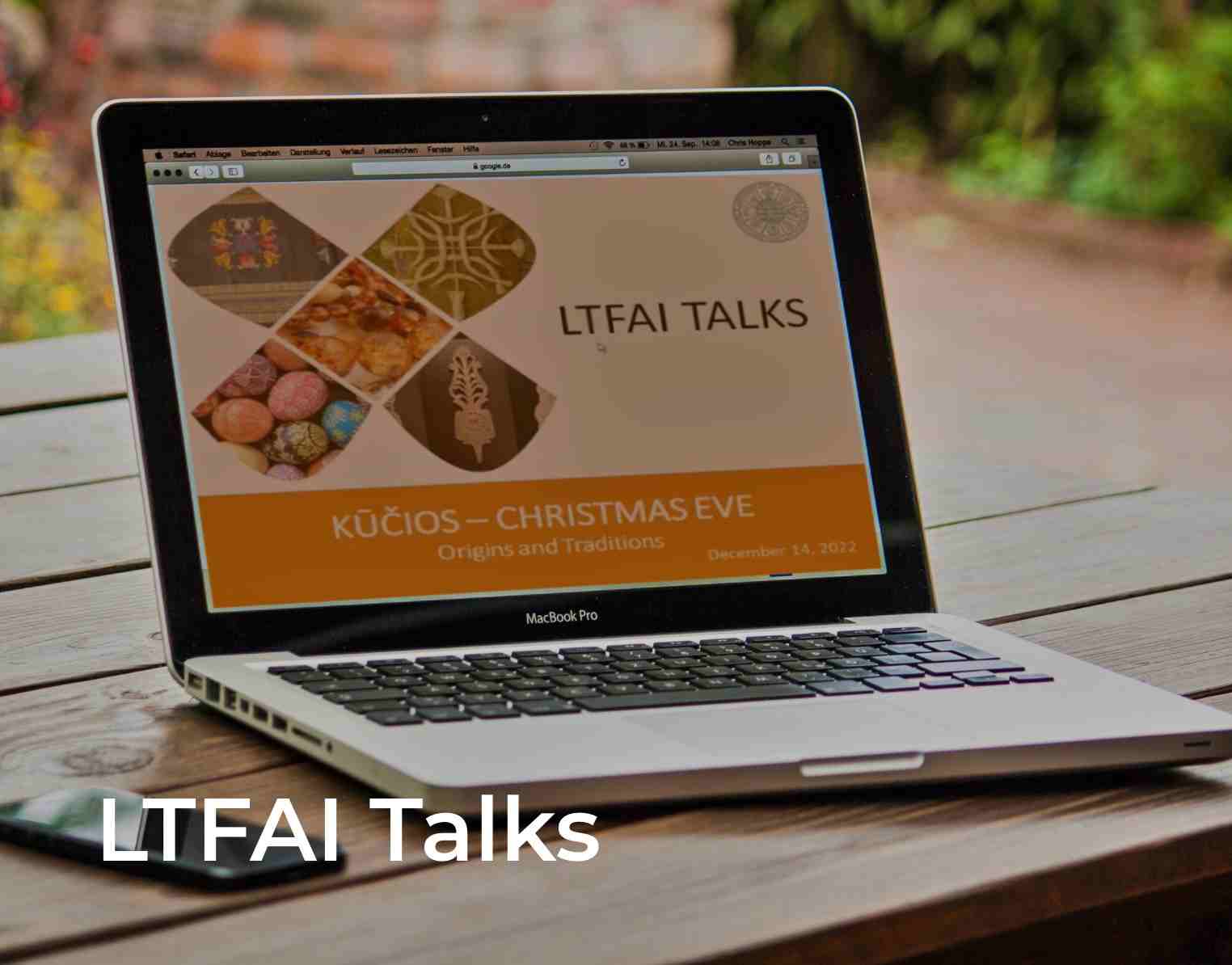 We are excited to launch our online LTFAI Talks. We hope to have a series of talks on topics that are relevant to Lithuanian folk art. These are lectures, not workshops, that will provide interesting information for anyone interested in folk art.
We are excited to launch our online LTFAI Talks. We hope to have a series of talks on topics that are relevant to Lithuanian folk art. These are lectures, not workshops, that will provide interesting information for anyone interested in folk art.
They will be from a half hour to a full hour in length with time for discussion at the end.
Each LTFAI Talk is free but you have to register to get an invitation to the session.
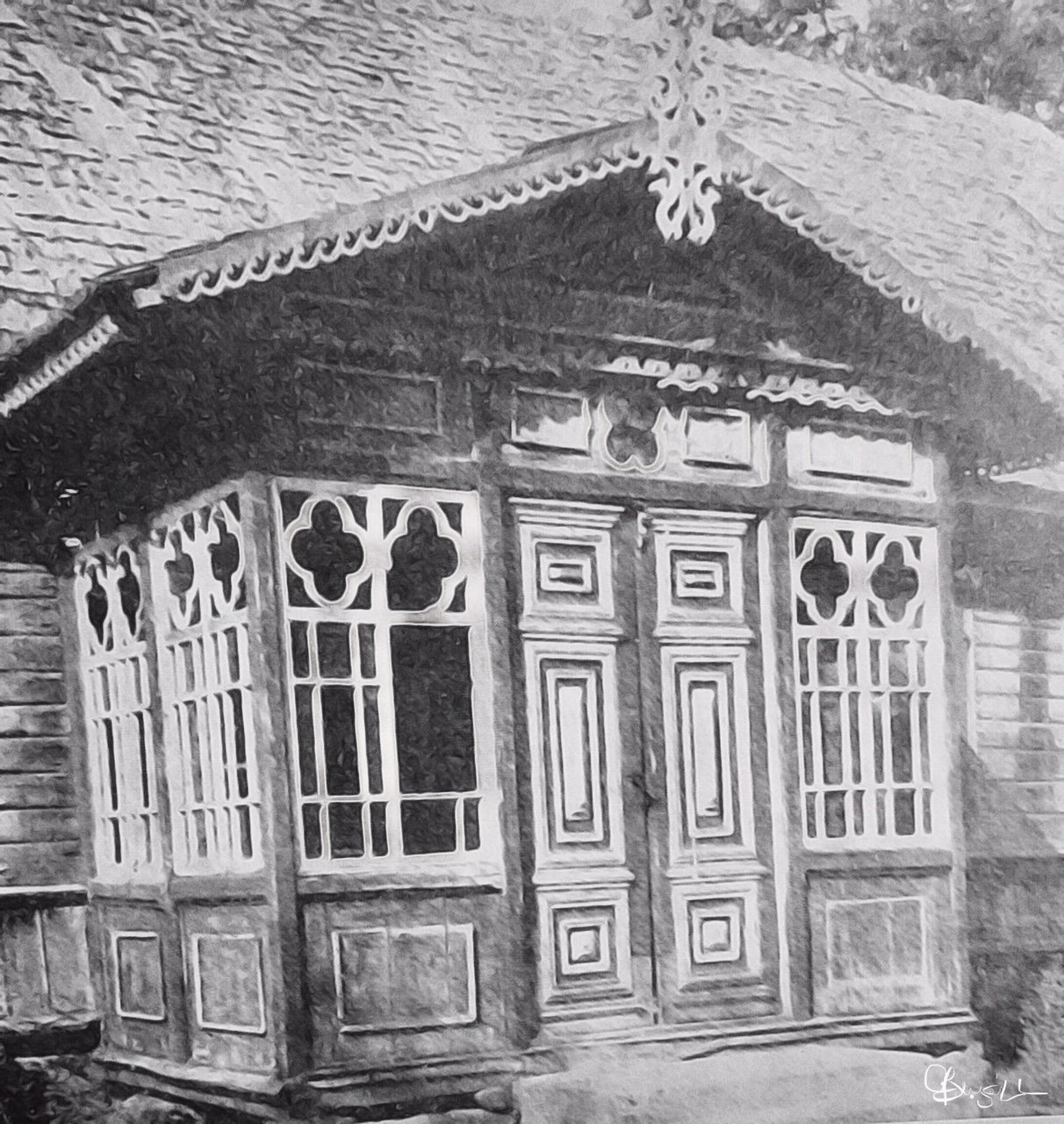 Raised in the Lithuanian community in Hamilton, Ontario. He moved to Winnipeg, Manitoba, to attend university and was a long-time board member of the Lithuanian Canadian Community there and now serves as the resource person for inquiries about the Lithuanians in Manitoba. Giles has over 30 years of experience in municipal heritage conservation planning and public outreach, having retired as the City of Winnipeg’s Senior Planner for Heritage. He is also a current member of the LTFAI Board.
Raised in the Lithuanian community in Hamilton, Ontario. He moved to Winnipeg, Manitoba, to attend university and was a long-time board member of the Lithuanian Canadian Community there and now serves as the resource person for inquiries about the Lithuanians in Manitoba. Giles has over 30 years of experience in municipal heritage conservation planning and public outreach, having retired as the City of Winnipeg’s Senior Planner for Heritage. He is also a current member of the LTFAI Board.
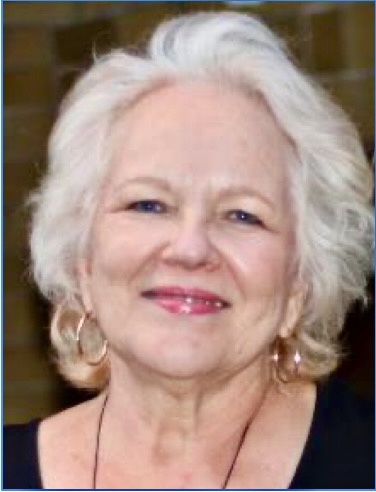 Ramune is a translator and editor, who worked with the Canadian Lithuanian Weekly Tėviškės žiburiai as managing editor for over 20 years.
Ramune is a translator and editor, who worked with the Canadian Lithuanian Weekly Tėviškės žiburiai as managing editor for over 20 years.
She is also an artisan who makes mosaics and jewellery using Lithuanian motifs and amber. She is a long time member of LTFAI and has recently served on our board. She learned tapestry-weaving from Aldona Vaitonienė, a master weaver in Toronto, Canada.
Testimonials: My first ever tapestry. I am an artist so I did a little extra with the beads and wire cord to hang. It reminds me of a dress so I had fun with that thought. 😉
I think you did an excellent job with the workshop, especially for those of us with no experience weaving. I have already ordered yarn. The colors in this piece was whatever my friend gave me as I was not able to go out shopping.
Newsletters will include events, online events, crafting classes, and talks about Lithuanian heritage topics.
To take full advantage of our events, become a member for only $20.00 (USD) / $15.00 (CAD) a year.
Emails are sent monthly.